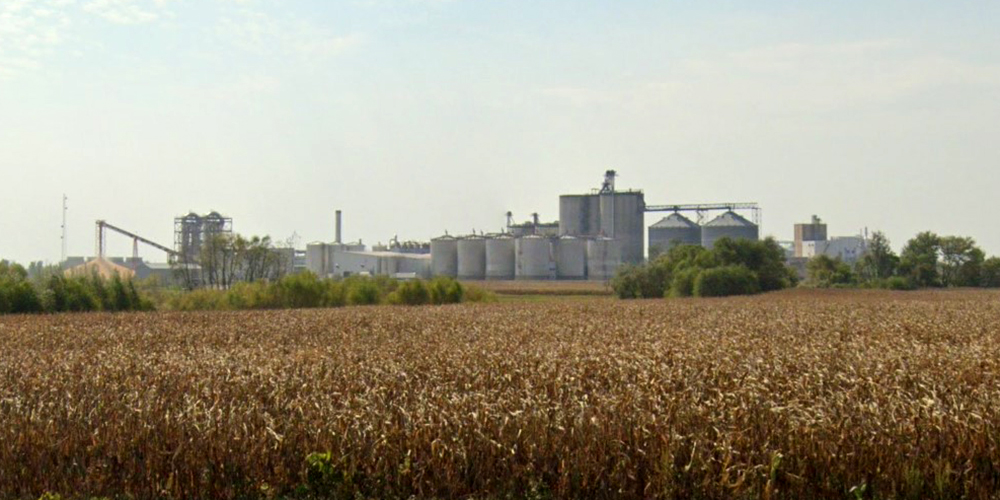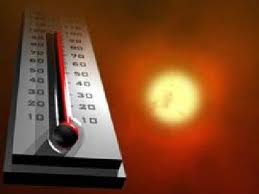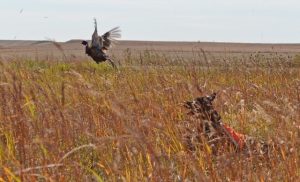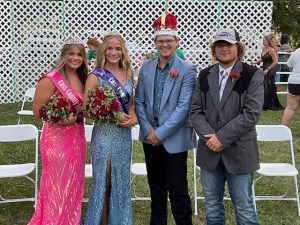(Radio Iowa) About a dozen Iowa firefighters are helping battle wildfires in other states — across the Rocky Mountains, on the West Coast, and in the Pacific Northwest. Ryan Harr, supervisor of the Iowa Department of Natural Resources’ Fire Program, says they’ve dispatched Iowans to help extinguish dangerous flareups in California, Colorado, Idaho, Oregon and Wyoming — and one crew just returned from fighting wildfires in South Dakota. “A number of folks are on hand crews where they’re just working on the fire line, preparing new lines, helping burnout, those sorts of things,” Harr says. “We have several people who are attached to U.S. Fish and Wildlife Service fire engines, so they’re actively out doing the initial attack, catching those smoke reports when they come in, and out chasing the fires.”
Iowa is also dispatching E-M-Ts and logistical planners to points west. Most of their assignments are for two weeks and Harr says it can be both grueling and rewarding. “They will spend a lot of time just out on the line working 10-, 12-, 14-hour days. Other folks, like some of our EMTs, are supporting firefighters on the line. Other folks are just on patrol and those sorts of things,” Harr says. “So they’re long, hot days. They do train for it. There is a rigorous national standard of physical fitness that folks have to meet to be deployed on a national assignment.” While Iowa has gotten a reprieve from several years of drought with heavy rain in recent months, Harr says the western U-S has seen just the opposite.
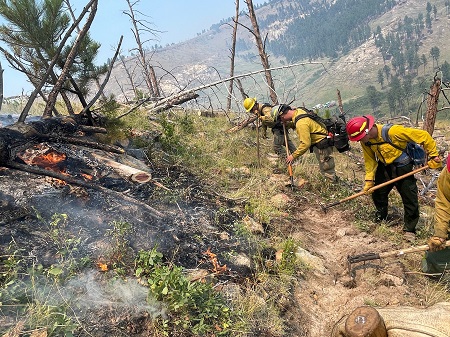
A mixed Iowa DNR and US Fish & Wildlife Service crew works a hand line in Wyoming last week. (Photo from Iowa DNR)
After a year or two of generally wet conditions, he says much of the region is drying out rapidly this summer. “The national need for firefighters across the nation varies from year to year,” Harr says. “The last two seasons haven’t been too busy in the western, southwestern and southern United States. Previous to that, it was quite busy, so we do send firefighters every year, but the number ebbs and flows over time.” Harr says the D-N-R will continue to support its federal partners by providing firefighters and support staff throughout the summer and early fall. “The folks we’re deploying are gaining valuable skills, training in different states, in different areas, with different government agencies, and they bring those skills back home to Iowa, back to the Iowa DNR, back to their local counties, their local volunteer fire departments,” Harr says. “From prescribed burning to volunteer departments doing wildfire suppression and brush fires, we know they’re important skills for folks to go out and bring back to Iowa.”
Every year, Harr says the D-N-R certifies about ten of its own staff and another 35 Iowans from partner agencies, volunteer fire departments, and other organizations to be available for national fire incident assignments.





